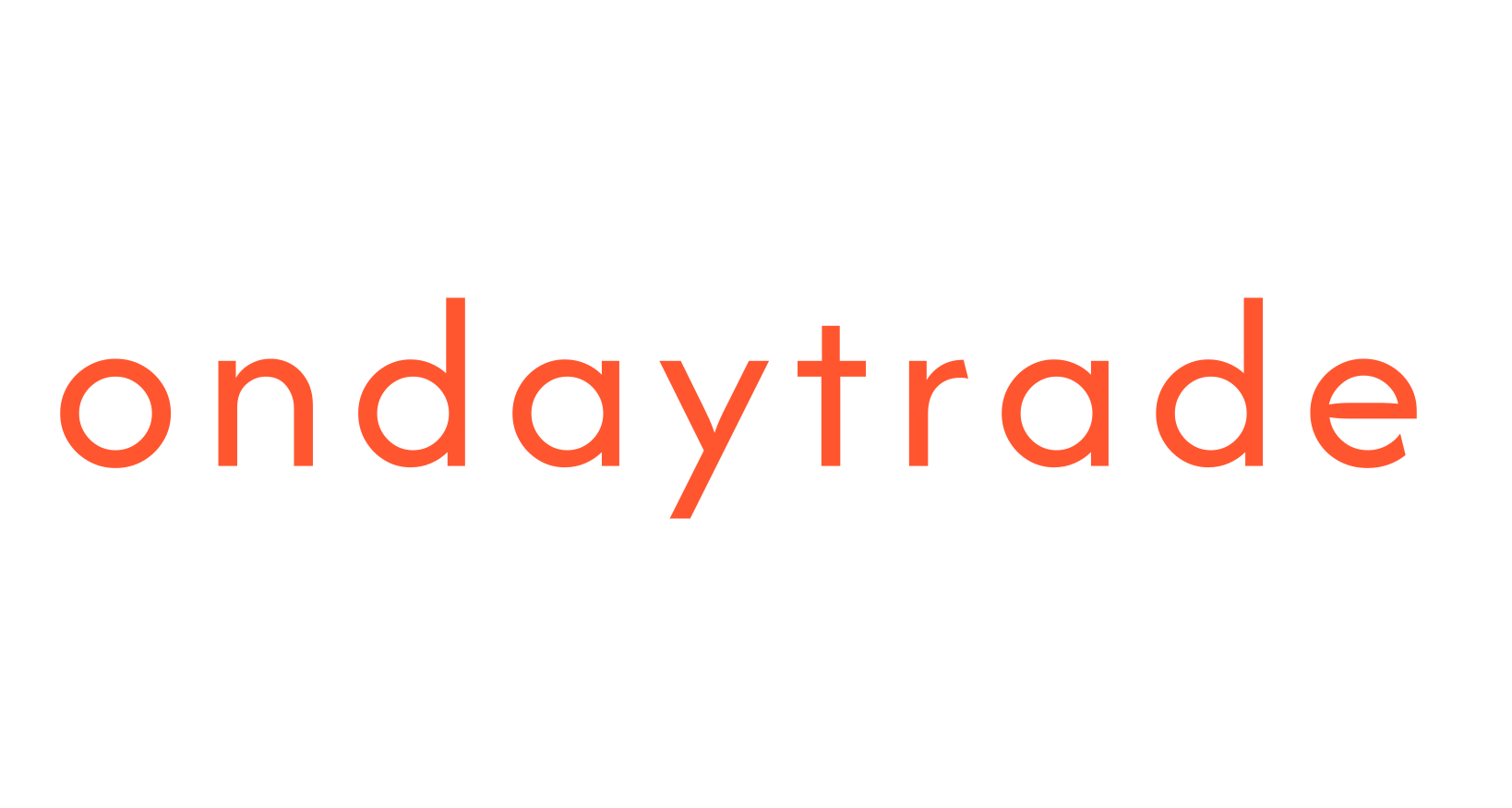Problems encountered during consumer protection The globalization of consumer markets on a large scale has made it possible for consumer policies pursued by each country, in particular, to become an international concern for consumer rights increasingly. What is observed in global markets, usually the effects of which also extend to our country are:
Consumers are being supplied in their national markets with imported products or services, bypassing the domestic need or import;
– New technologies such as the Internet allow consumers to enter into transactions with a foreign company or trader, exposing them to the risk of not knowing their true intentions;
Significant lack of information including inappropriate price notes;
Incomplete supply of goods;
– Lack of instructions and notifications, labels are written in foreign languages;
Terms of contracts are not announced;
Warranty terms and customer indemnification procedures are missing,
. Market surveillance bodies do not have adequate human and financial resources to fulfill their tasks.
One of the most problematic cases, recently found in Albania, was when the National Food Authority took immediate measures regarding the rebuke from the investigative show “Fiks Fare” on Top Channel, where it was alleged that in a slaughterhouse in Tirana was introduced a dead animal, which was then slaughtered and traded to the consumer.
By order of the General Director of AKU, the Regional Directorate of Tirana, inspected the subject “Ylli Koldashi”, with slaughter activity, which is located at Kamza Bridge, near the Agricultural University of Tirana, where the investigative show was filmed. The measure of blocking the exercise of this subject was immediately taken, where 90 kilograms of beef, sheep, and lamb were seized, all without the stamp of the official veterinarian, the traceability register was taken for verification by AKU, as proposed to the Minister of Agriculture, revocation of the subject license.
Meanwhile, AKU brought for criminal prosecution the subject, i.e., its administrator and technical director, while the fine’s administrative measure for 1.3 million ALL was taken.
Despite the claims of the subject’s representatives, that different animals are brought to related slaughterhouses, for various reasons and saying that it can not happen that dead animals are brought in and slaughtered, AKU took the blocking measure and verified the traceability register of animals.
The responsibility for such a flagrant case falls directly on the subject and its technical director, who is also the slaughterhouse’s veterinarian. According to law no. 9863, dated 28.01.2008 “On Food”, Chapter XVI “Administrative Offenses”, Item 3, states that, in cases where food has been placed on the market, which has been proven to have caused harm to human health, or when may pose a potential risk to his life, according to the provisions of this law, against the food business operator, the measure of the proposal for revocation of the respective license for exercising the activity is taken”. Given this risk and violation of the law “On Food”, which specifies that the Food Business Operator is the first to guarantee food safety, not only is the Minister required to revoke the license, but AKU takes the matter to the prosecutor’s office, criminalized the administrator and technical director of the slaughterhouse “Ylli Koldashi”.
CONCLUSIONS
The production and trade of goods and services are global in scope. Globalization makes it difficult to detect the entry of unsafe products into the EU. Therefore, consumer policy must help citizens adapt to this new reality.
Global consumption and the market need a trial network and a responsible one where there is trust in the goods and partners for a more trusted trade with a sustainable culture and culture in Europe. This policy can not be avoided even by our country, which must admit that there is still work to be done in the context of improving the conditions and circumstances of providing customer service, through the relevant entities.
What remains to be emphasized is that first, all product delivery facilities must be stabilized and regulated, aligning them with EU standards, with a clean environment and quality goods. Also, control over consumer providers should be more frequent at the national level, penalizing all those entities that directly affect consumers through uncontrolled services.









